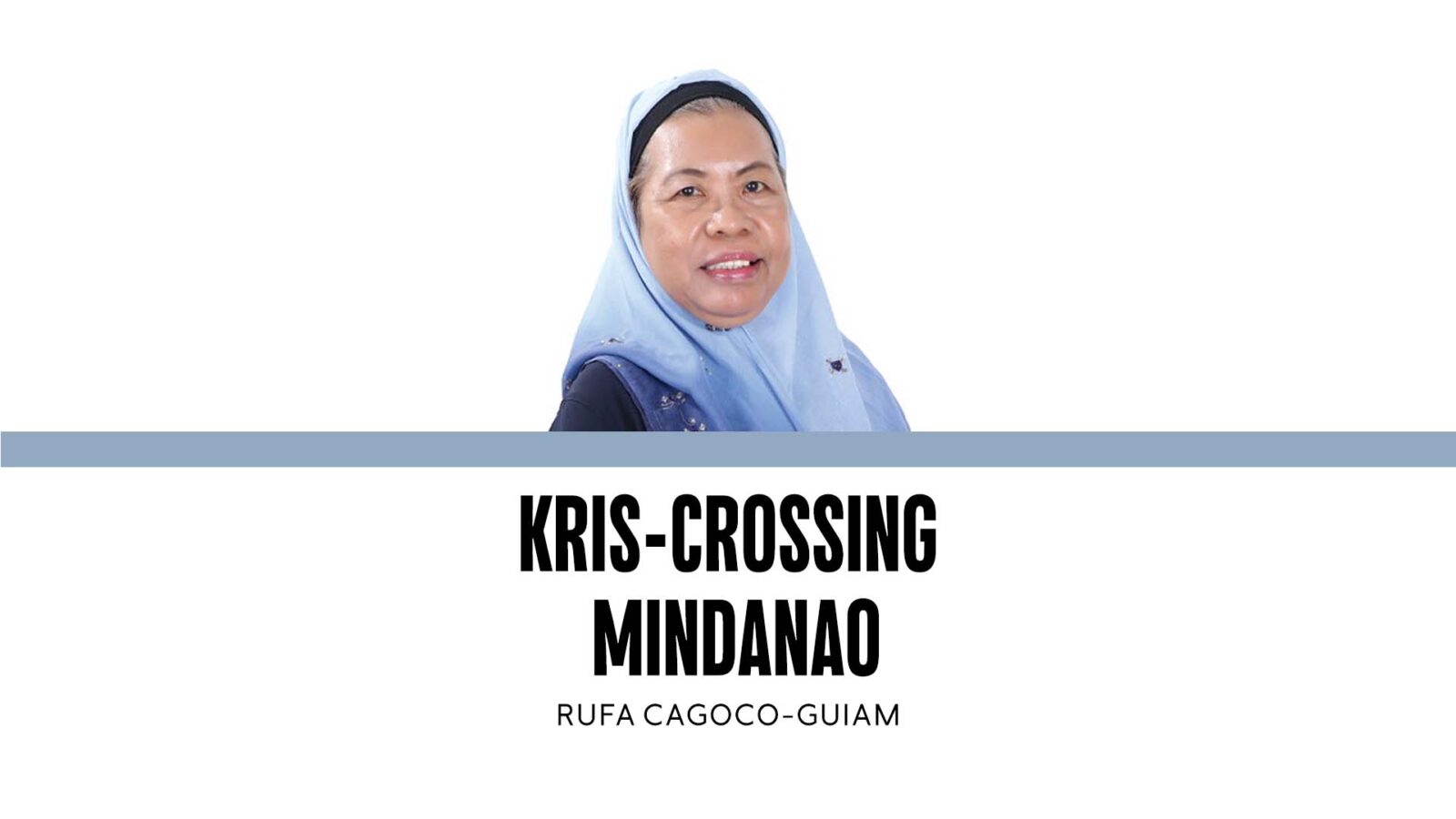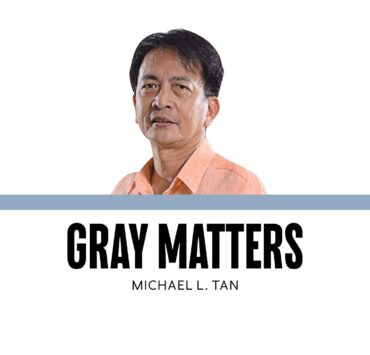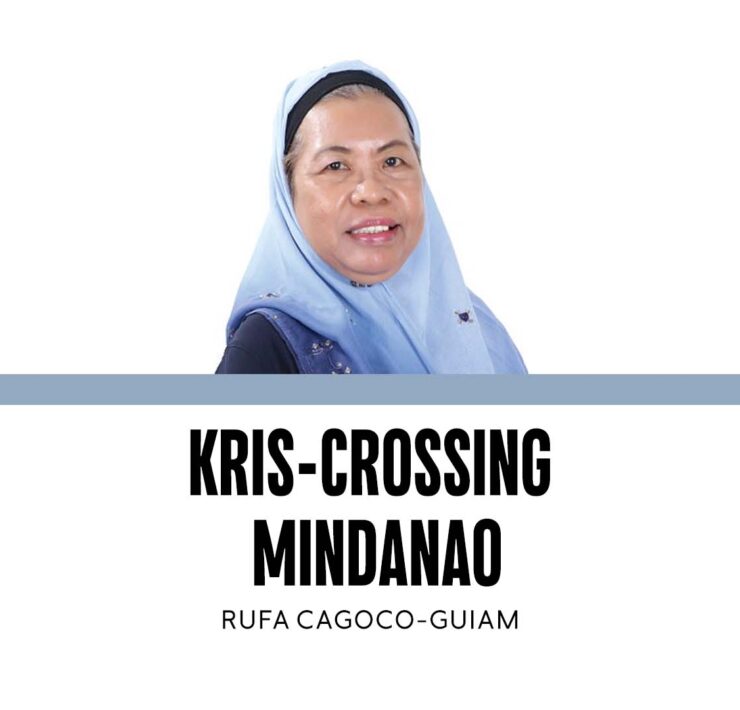Glaring omissions in the 4th Sona (2)

Cotabato City—The omission of any description of President Marcos’ assessment of the current state of the peace implementation processes in the Bangsamoro Autonomous Region in Muslim Mindanao (BARMM) in his latest State of the Nation Address (Sona) has triggered much disappointment here in the heartland of the region.
Early this year, through the scheming maneuvers from Mr. Marcos’ subalterns, then Interim Chief Minister Ahod Ebrahim had to step down from the highest executive post in the BARMM. In addition, some of his close associates within the central committee of the Moro Islamic Liberation Front (MILF), who held top ministerial posts in the BARMM, were also pressured to step down. The choice was allegedly between a rock and a hard place—the difficult options of stepping down or being imprisoned for alleged serious corruption cases against them. The two leading MILF figures were reportedly told: “baba o kulong (step down or get jailed).” In addition, they were told they could be exonerated from their cases if they agreed to deliver a solid 12-0 vote in favor of Mr. Marcos’ senatorial candidates in the May 2025 midterm elections. The two leaders staunchly refused to assent; they were unwilling to commit a blatant act of electoral fraud.
As I noted last week, the region is home to more than 800,000 eligible voters, and it would be desirable for Mr. Marcos and his political family if they could get a solid vote here, given their serious rift with another national political behemoth, the Dutertes.
But it was only Ebrahim (aka Kagi Murad, chair of the MILF) who announced he was stepping down not only as interim chief minister but also as a member of the interim Parliament (the Bangsamoro Transition Authority). This happened in March 2025, a few days short of seven months before the scheduled (and legislated) parliamentary elections in the BARMM—Oct. 13, 2025.
Ebrahim’s replacement is Abdulraof Macacua (aka Sammy Gambar). He used to be the chief of the Bangsamoro Islamic Armed Forces, the armed wing of the MILF, prior to the signing of the final peace agreement between the MILF and the Philippine government in 2014. When the fledgling BARMM was established in 2020 after a successful plebiscite in January 2019, Macacua was appointed interim governor of one of the newly created provinces, Maguindanao del Norte.
That political turbulence led to more shockwaves. Last June 30, the new interim chief minister issued a strongly worded memorandum urging all ministers, deputy ministers, heads of offices, and agencies to turn in their courtesy resignations. The memo explicitly mentioned that officials included in the list who did not turn in their courtesy resignations would be deemed resigned by June 30, with no explanation.
Within the first few weeks of July 2025, everyone in the BARMM—from the top leaders to the functionaries in different offices and agencies—was in limbo—they were not sure whether they would be retained, deemed resigned, or replaced. It was only within the first two weeks that the Office of the Interim Chief Minister issued letters retaining only six of the ministers, at first, along with a few more within the following days. But just three weeks ago, the interim chief minister accepted the resignation of Minister lawyer Sha Elijah Dumama-Alba of the Ministry of the Interior and Local Government. Then, surprisingly, Macacua declared himself Dumama-Alba’s replacement.
Was this also part of Mr. Marcos’ subalterns’ mission?
Mr. Marcos’ omission of all these politically charged events in the BARMM is his way to avoid discussing the issues in it, since all the shockwaves it is currently experiencing can be traced to the manipulation of his subalterns.
He even omitted discussions on the status of the implementation of the decommissioning of MILF combatants, an integral part of the peace agreement and of the BOL. But he should have addressed this to clarify the government’s position on the matter.
As the chief executive of the Philippine national government bureaucracy, Mr. Marcos is obliged to present the current peace and security situation of the only region in the country formed through a long and tedious peace process—one that continues to this day.
Such a process was the consequence of the Moro people’s struggle for self-determination, especially during the dark days of martial law from 1972 to 1985. Mr. Marcos carries the name of his father, who ruled with an iron hand during those dark days. Within this period, thousands of different ethnic groups of Muslim Filipinos or Moros became victims of massacres, torture, rape, and other forms of gender-based violence, as ordered and condoned by Mr. Marcos’ father, the martial law president and dictator.
Mr. Marcos’ silence on these regional issues is expected—he is indeed his father’s son.

















